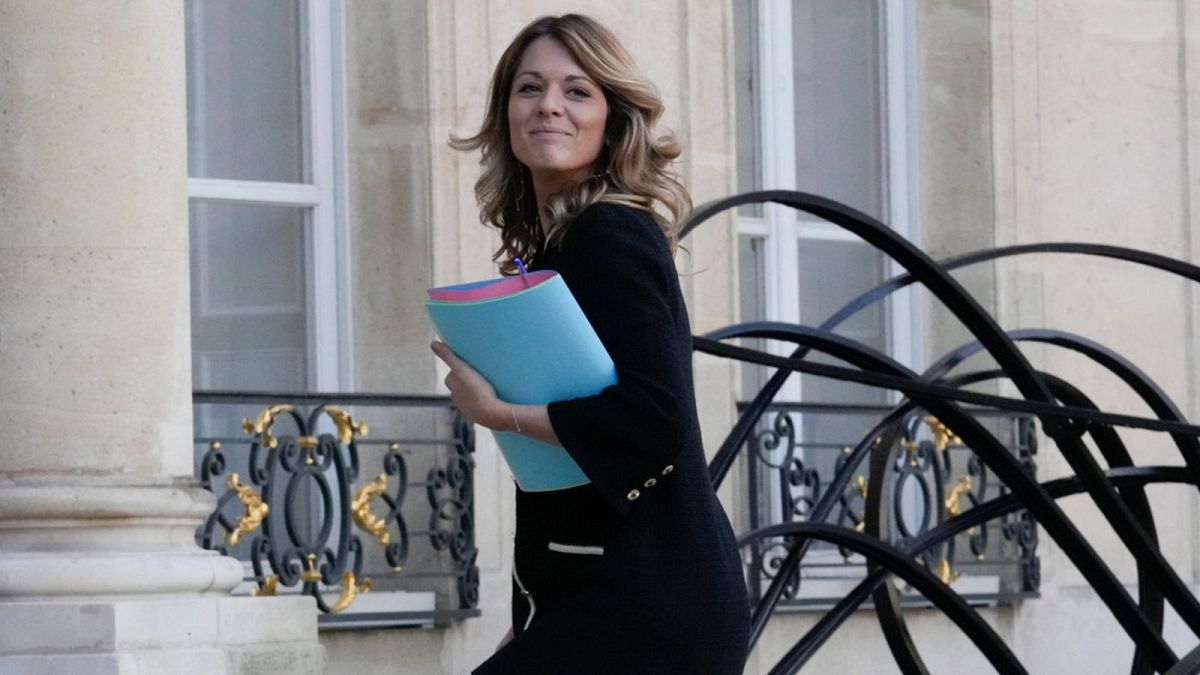The French government is aiming to implement a new immigration law by early 2025, which may lead to further divisions within the French Parliament. The proposed measures could include extending the detention period for undocumented migrants deemed a threat, from 90 days to 210 days. In addition, the government plans to tighten the rules for regularisation of undocumented migrants, particularly in family cases. These stricter measures are part of Interior Minister Bruno Retailleau’s mission to ensure the security of the French people.
The announcement of the new immigration law comes less than a year after the previous immigration bill, which was passed in January 2024 with the abstention of the National Rally (RN). However, the previous law faced opposition within President Macron’s coalition and ultimately led to the resignation of Health Minister Aurélien Rousseau. The government is now looking to align the new law with right-wing proposals by reconsidering previously rejected articles by the Constitutional Council.
Despite holding a majority in Parliament, the government is not actively seeking the support of the National Rally, led by Marine Le Pen. Bregeon stated that the executive will engage with all parliamentary groups to achieve a broad consensus on the new bill. The aim is to address the changing security challenges faced by France without compromising on the security of its citizens. These measures are seen as crucial steps in ensuring public safety and enhancing the overall immigration policy of the country.
The push for the new immigration law reflects the government’s commitment to adapt to the evolving security landscape and protect the interests of the French people. The proposed measures, such as extending detention periods and tightening regularisation rules, are intended to address concerns around public safety and national security. By engaging with various parliamentary groups, the government is seeking to build a broad consensus on the bill, despite potential divisions within the French Parliament.
The new immigration law could spark further debate and divisions in the French Parliament, especially among President Macron’s coalition. The proposed changes to detention periods and regularisation rules are likely to face opposition from some members of Parliament. However, the government is determined to push through these measures as part of its commitment to safeguarding the security of the French population and addressing the challenges posed by undocumented migrants.
Overall, the proposed immigration law represents a significant shift in the French government’s approach to immigration policy. By introducing stricter measures and seeking broad consensus in Parliament, the government is aiming to strike a balance between security concerns and humanitarian considerations. The outcome of this legislative process will have far-reaching implications for immigration policy in France and could shape the country’s approach to security and migration for years to come.











